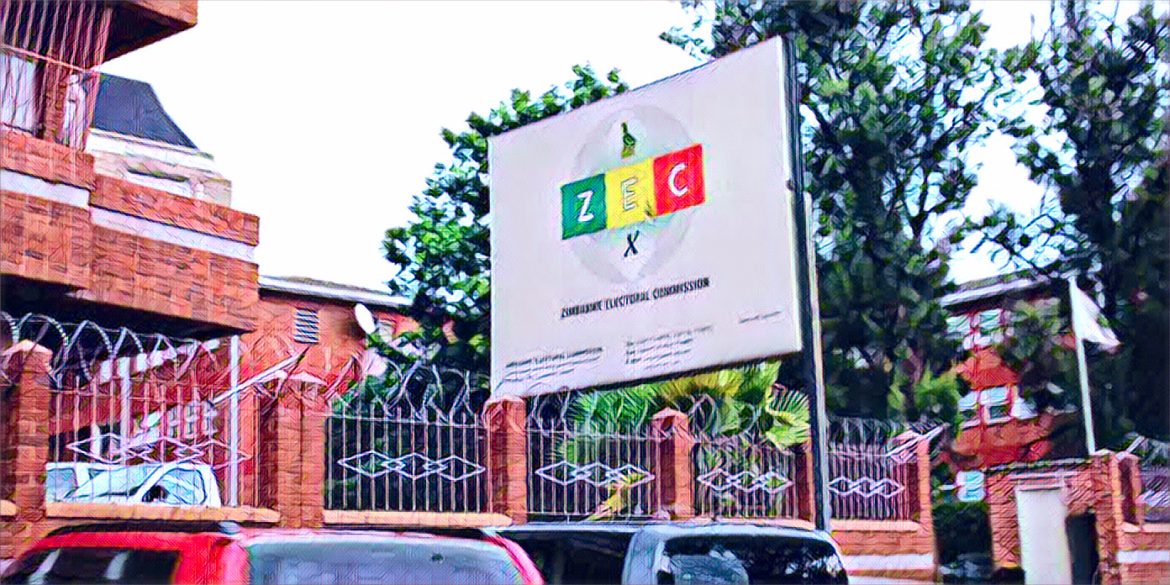The Zimbabwe Electoral Commission (ZEC) is currently under scrutiny for failing to compensate data capture clerks hired for the August 2023 harmonized elections. The situation, primarily affecting clerks in Hurungwe district, Mashonaland West province, has persisted since last year, raising concerns over ZEC’s commitment to fulfilling its financial obligations to its temporary staff.
The clerks, who played a crucial role in the electoral process, have reportedly been seeking their due allowances without success. Their efforts to engage the District Elections Officer (DEO), Taona Pfunye, have been met with resistance and alleged arrogance. According to a complainant, who preferred to remain anonymous, approximately 80% of those seconded to ZEC for election duties in the Hurungwe district have not received their payments.
These individuals claim that their attempts to address the issue have been met with bureaucratic hurdles, including being asked to fill out numerous forms repeatedly. Despite numerous visits to the DEO’s office, their grievances remain unresolved. The situation is compounded by Pfunye’s alleged aggressive demeanor and use of strong language, as evidenced by screenshots of heated exchanges on a WhatsApp group involving the data capture clerks and Pfunye.
The situation has escalated to the point where the clerks contacted the provincial elections officer, who reportedly expressed ignorance of the matter and redirected them to Pfunye. This cycle of referrals and unaddressed complaints has left the affected individuals in a state of desperation, feeling used and abused by ZEC. The dwindling hope of receiving their overdue allowances adds to their frustration, as they seemingly have no further recourse.
This issue reflects a broader challenge within the administrative and operational aspects of electoral commissions, particularly in managing and fulfilling commitments to temporary election staff. The plight of the data capture clerks in Zimbabwe raises questions about the effective management of electoral resources and the treatment of personnel essential to the electoral process.
Furthermore, the case highlights the need for transparency and accountability in electoral bodies, especially regarding financial dealings and staff welfare. The failure to address these clerks’ concerns adequately not only impacts their livelihoods but also potentially affects the public’s trust in the electoral system and the institutions responsible for overseeing it.
In summary, the situation faced by data capture clerks in Zimbabwe’s Hurungwe district exemplifies the challenges that arise when electoral bodies do not efficiently manage their human resources and financial obligations. This incident underscores the importance of upholding ethical practices and ensuring fair treatment of all individuals involved in the electoral process. As ZEC navigates this controversy, its actions and responses will be crucial in maintaining its credibility and the integrity of electoral operations in Zimbabwe.


